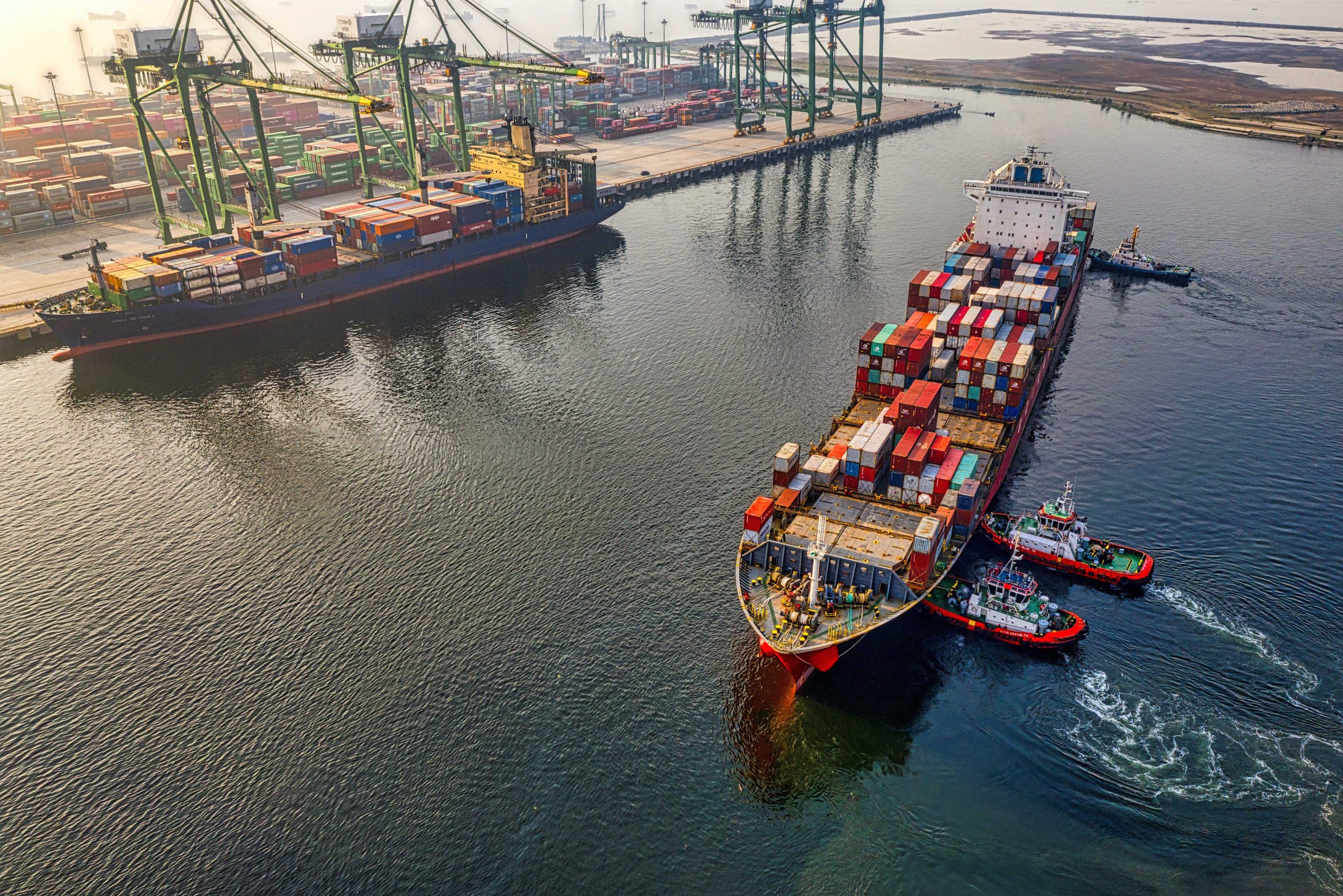
If you’re a foreign Japan eCommerce seller, it’s crucial to engage an ACP/IOR service provider to ensure you’re fully compliant with Japanese regulations.
In response to recent challenges in the import landscape, Japan Customs is tightening its regulation and implementing new rules.
Beginning October 1, 2023, foreign sellers who do not have a legal Japanese company, are required to use a Attorney for Customs Procedures (ACP) when importing their products into Japan for sales on web stores and marketplaces. The changes are applicable on the following product categories: Non-regulated, Electronics (PSE), Cosmetics, Quasi-Drugs, Medical Device, Food (Supplements and Shelf Stable), Food Apparatus and Toys & Infant Products (Under 6).
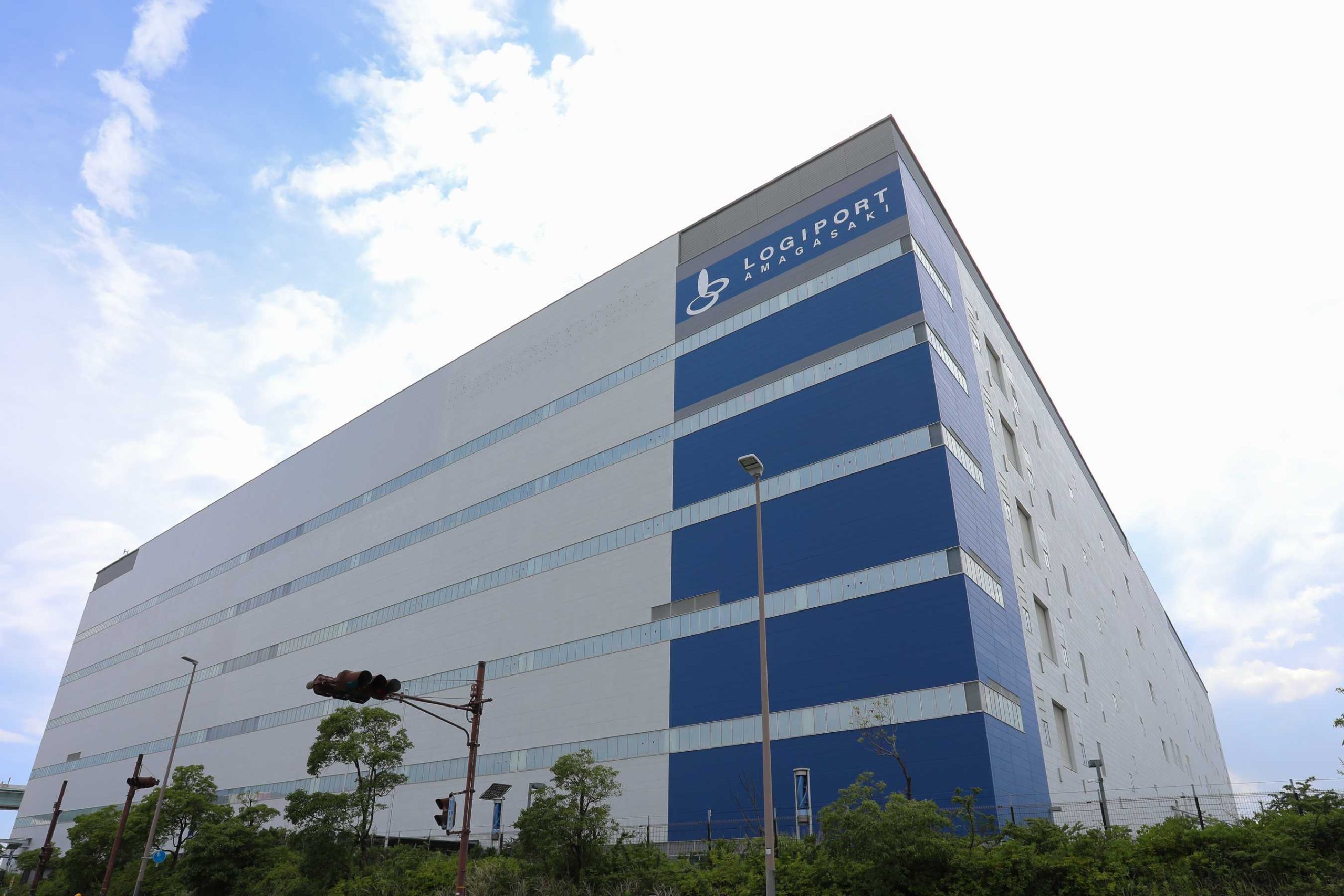
A Hybrid Solution
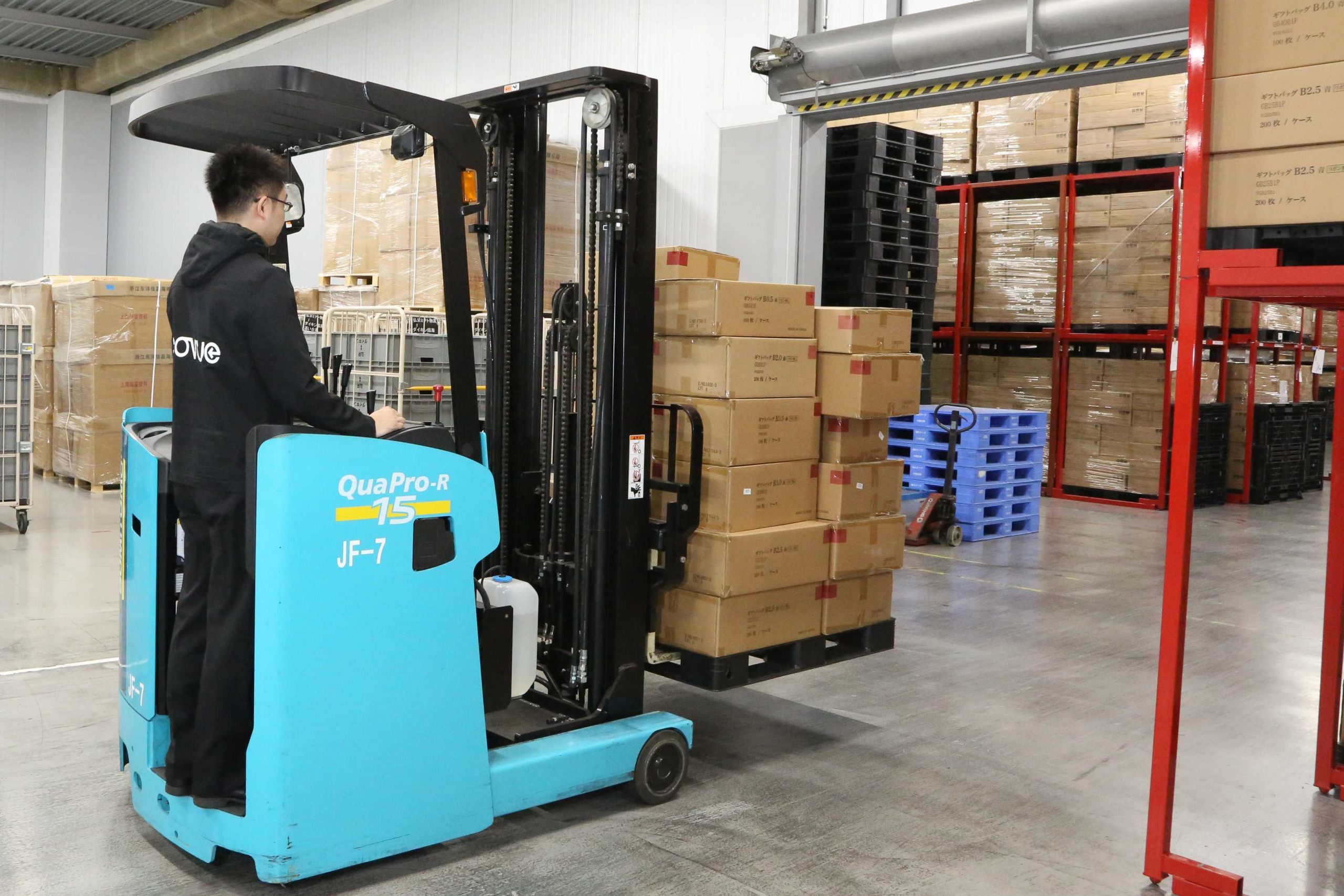
Compliance with Japanese Customs
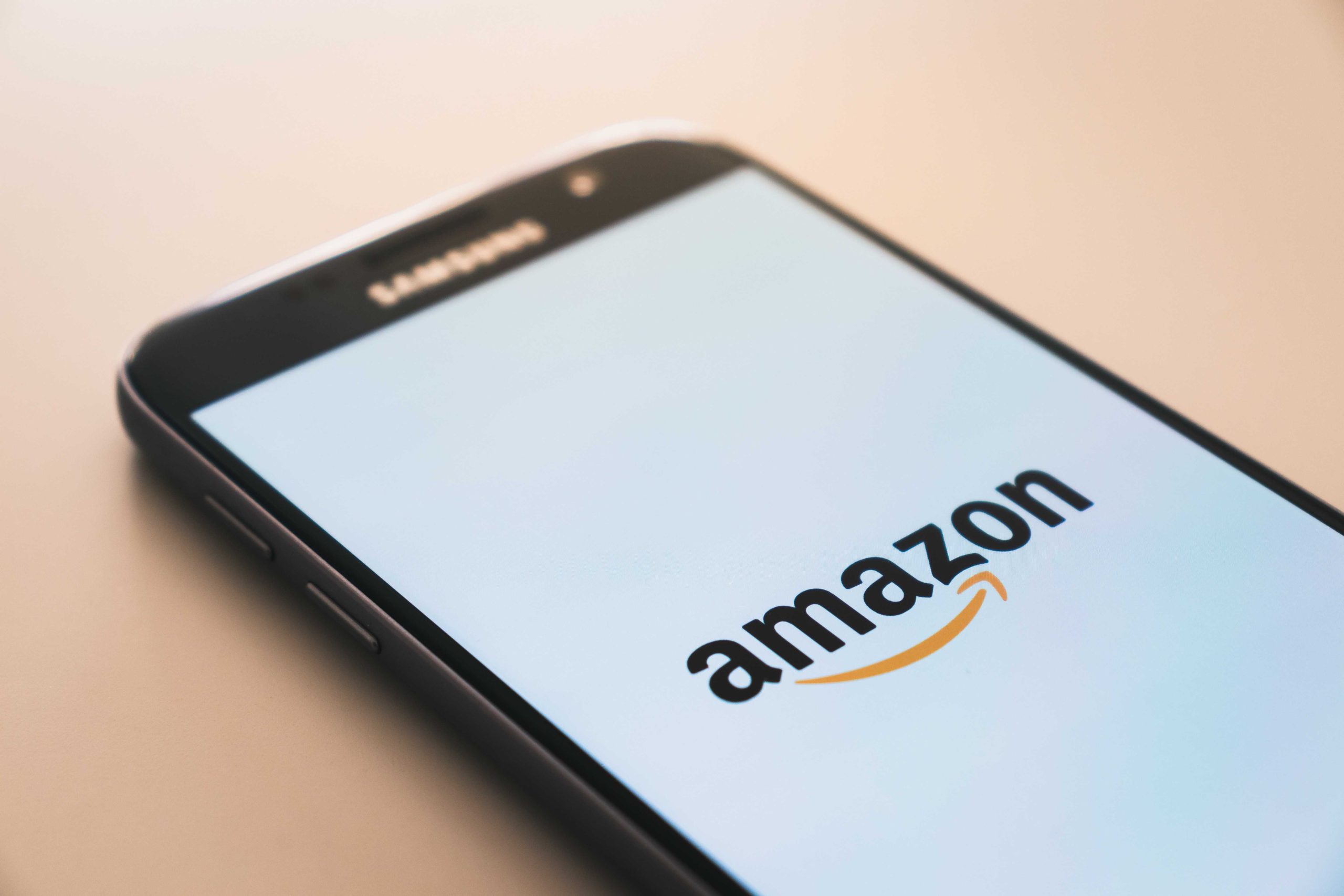
Qualified Service Provider on Amazon SPN
Import Categories
Importing non-regulated products to Japan is relatively easier compared to regulated ones, as they do not require government approval. However, they still need to ensure safety, quality, and adherence to regulations.
Importing cosmetics and personal care falls under the jurisdiction of PMDA, the country’s equivalent of the FDA.
If your cosmetic product company is based outside of Japan and does not have a subsidiary, you will need the services of a licensed importer of record (IOR) in Japan to facilitate the importation of your products.
Importing medical devices to Japan necessitates adherence to the regulatory requirements established by the Japanese government. The importation process varies depending on the classification and intended use of the device.
Quasi-drugs in Japan are subject to regulation despite not being classified as drugs. Examples of quasi-drugs include hair-growth tonic, medicated anti dandruff shampoos and skin whitening creams, etc.
If you are planning to import quasi-drugs into Japan, compliance with PMDA regulations is essential for safety and adherence to Japanese standards.
Importing shelf-stable food to Japan is subject to strict regulations and requirements to ensure the safety and quality of food products. There are several factors to consider, such as packaging and preservation, labeling and compliance with food safety standards, etc.
Electronic imports are classified into two categories:
- Regulated Electronics
- Non-Regulated Electronics
Regulated electronics include devices that contain an AC Wall Adaptor, User-Accessible Lithium ION battery, or Radio Signal (such as Bluetooth or Wi-Fi).
On the other hand, Non-Regulated electronics do not possess these characteristics but follow a similar import process as regulated products in general.
Importing regulated electronics comes in two different categories; Japan Radio and PSE.
Importing Electronics Subject to Japan Radio
Japan Radio Law (JRL) regulates the importation of certain types of electronic equipment into Japan. The law is designed to ensure that imported equipment does not interfere with the operation of domestic radio communication equipment.
Importing Electronics Subject to PSE
Food apparatuses are products designed to come into direct contact with food or liquids intended for human consumption. These include utensils, food containers, packaging materials, and other similar products.
The importation of food apparatuses into Japan requires compliance with the regulations and requirements set by the Japanese government. These regulations aim to ensure the safety and quality of products that come into contact with food or liquids intended for consumption.
Importing toys intended for children under the age of 6 and baby products to Japan necessitates meticulous attention to detail and strict adherence to import regulations. Manufacturers are required to demonstrate compliance with the Japan Toy Safety Standard (ST Standard) to ensure product safety.
Importing food supplements to Japan involves a detailed process to ensure the safety and compliance of food products entering the country. Japan has stringent regulations and standards in place to protect public health and maintain food safety.
Why Choose Us?
- We offer brands and OEMs complete Japan import and market compliance
- We can provide Japan Qualified Invoice Services to foreign sellers
- We preserve and protect your product import rights
- We provide access to different eCommerce platforms to expand your reach
- We offer comprehensive end-to-end solutions that include expert assistance with the JCT process.
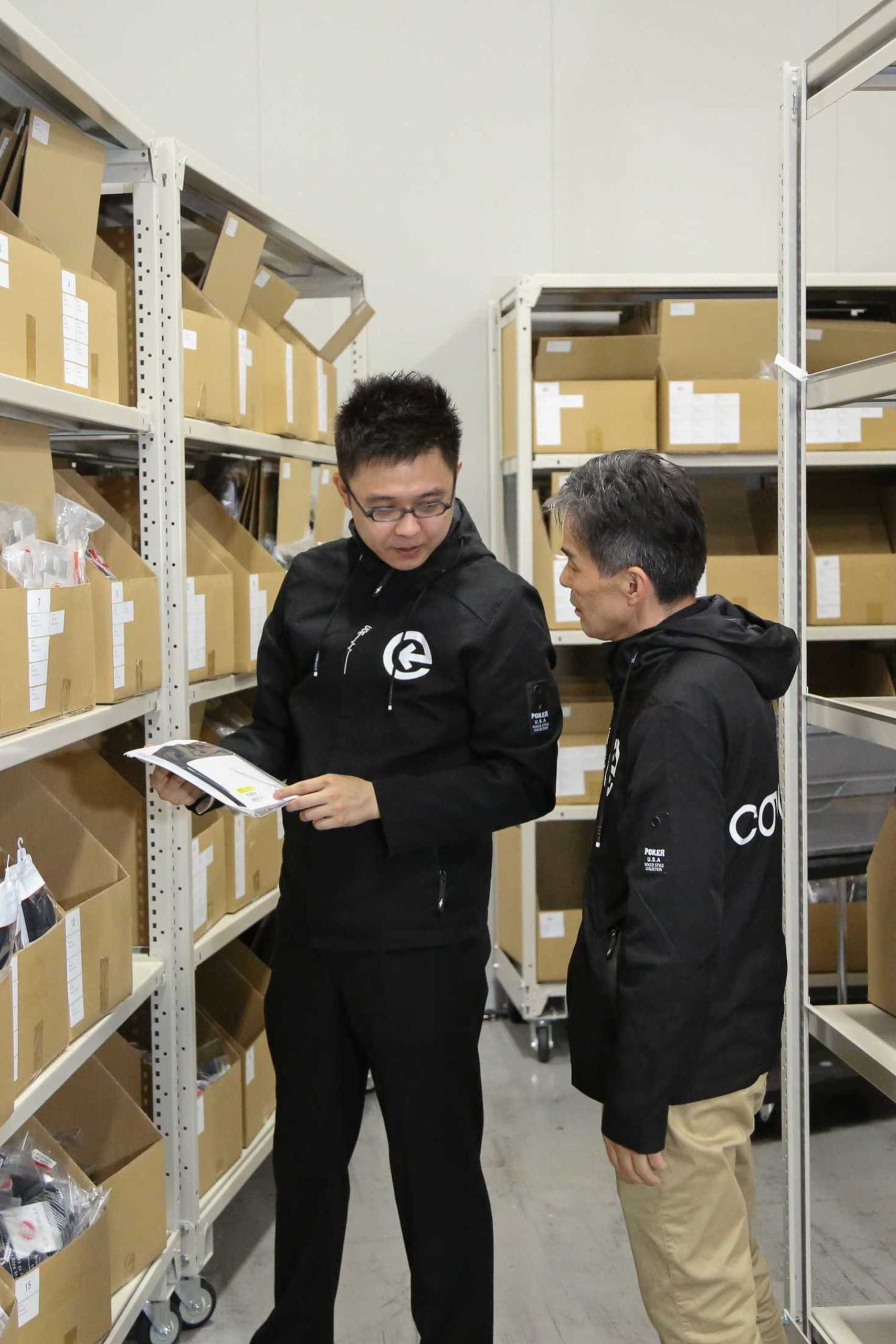
Ready to take your Business to the next level?

